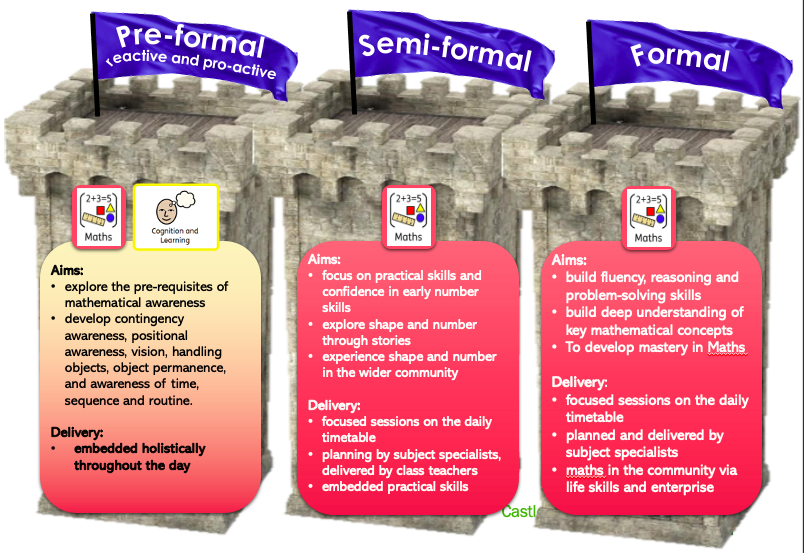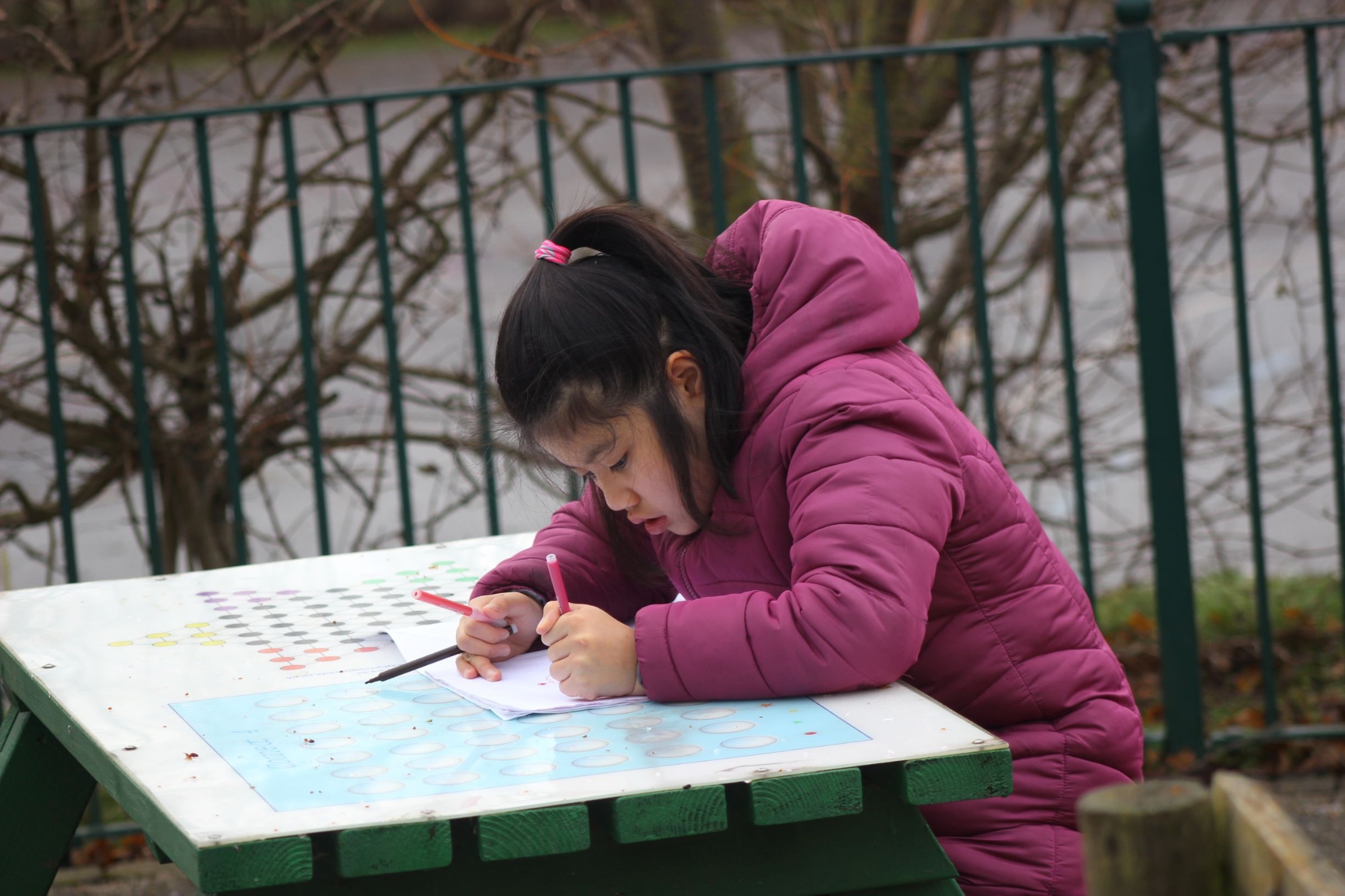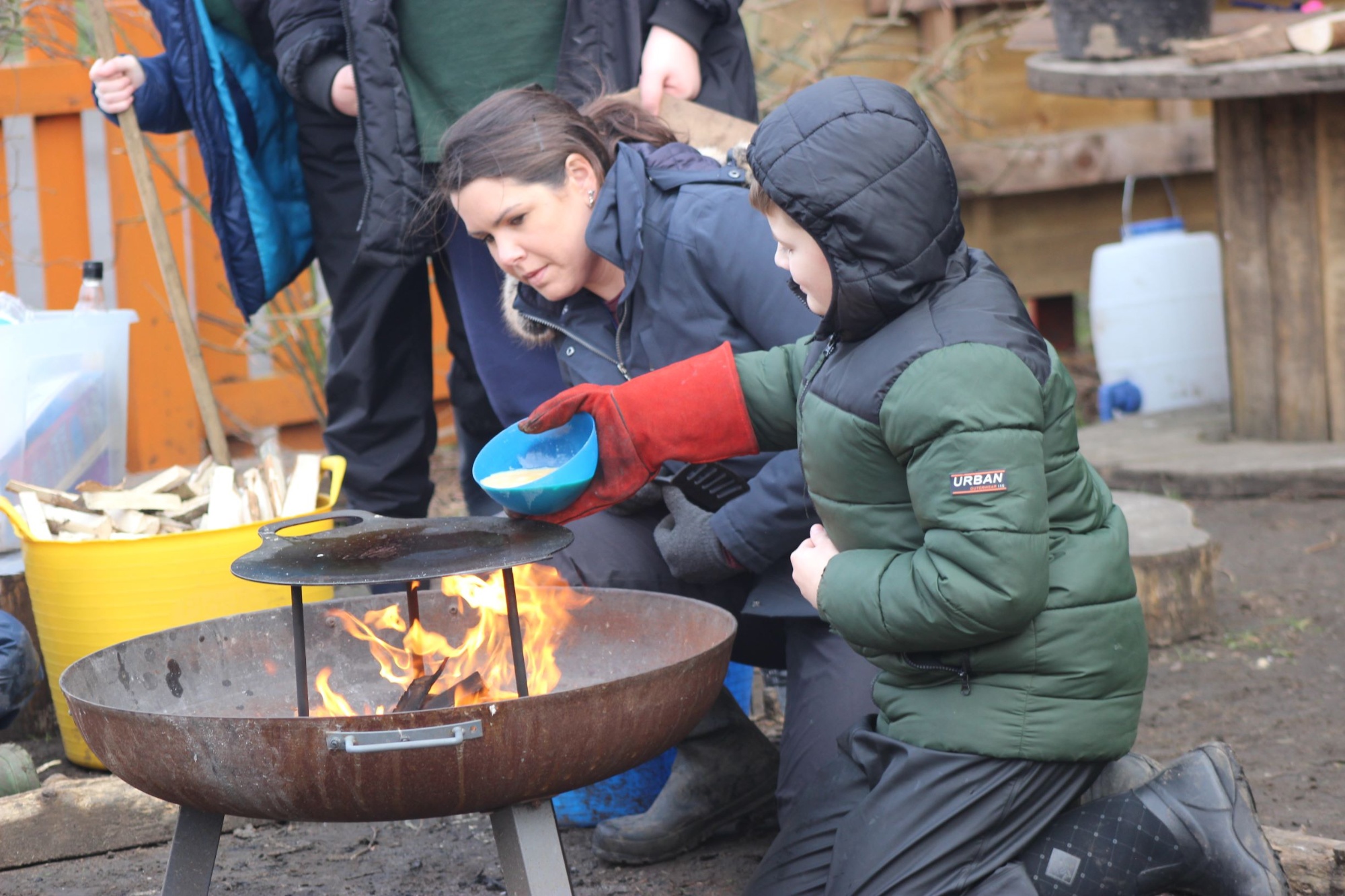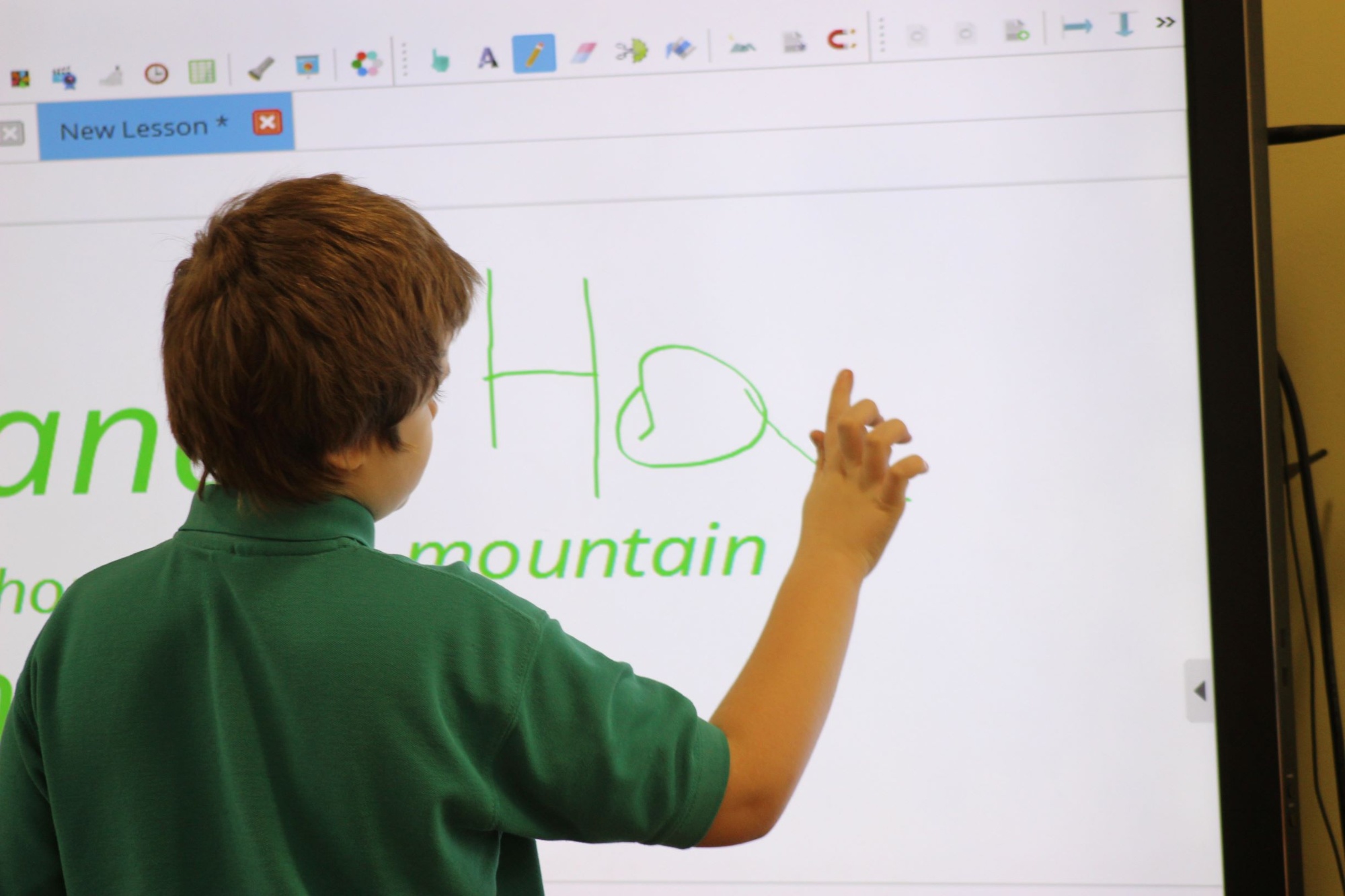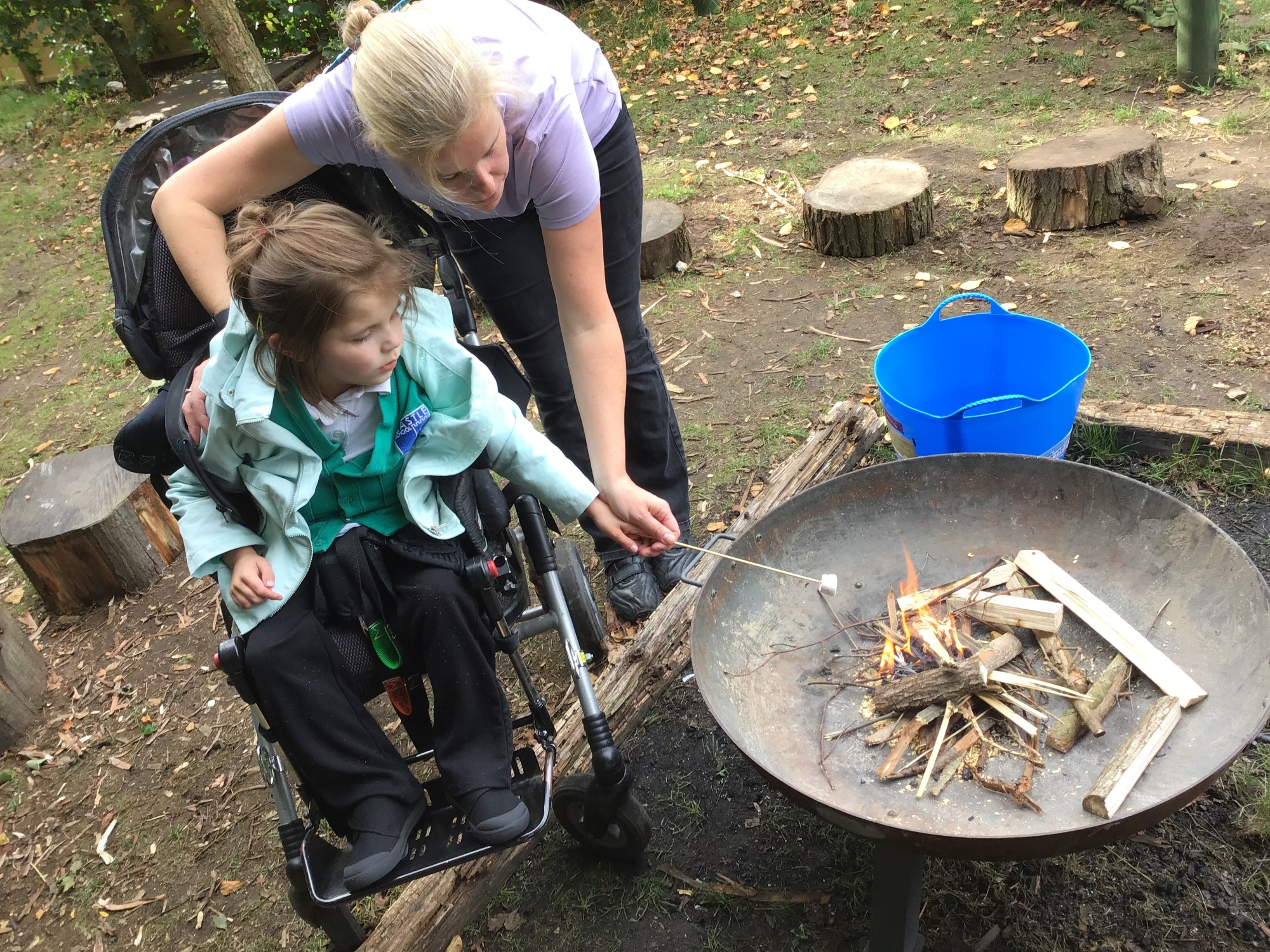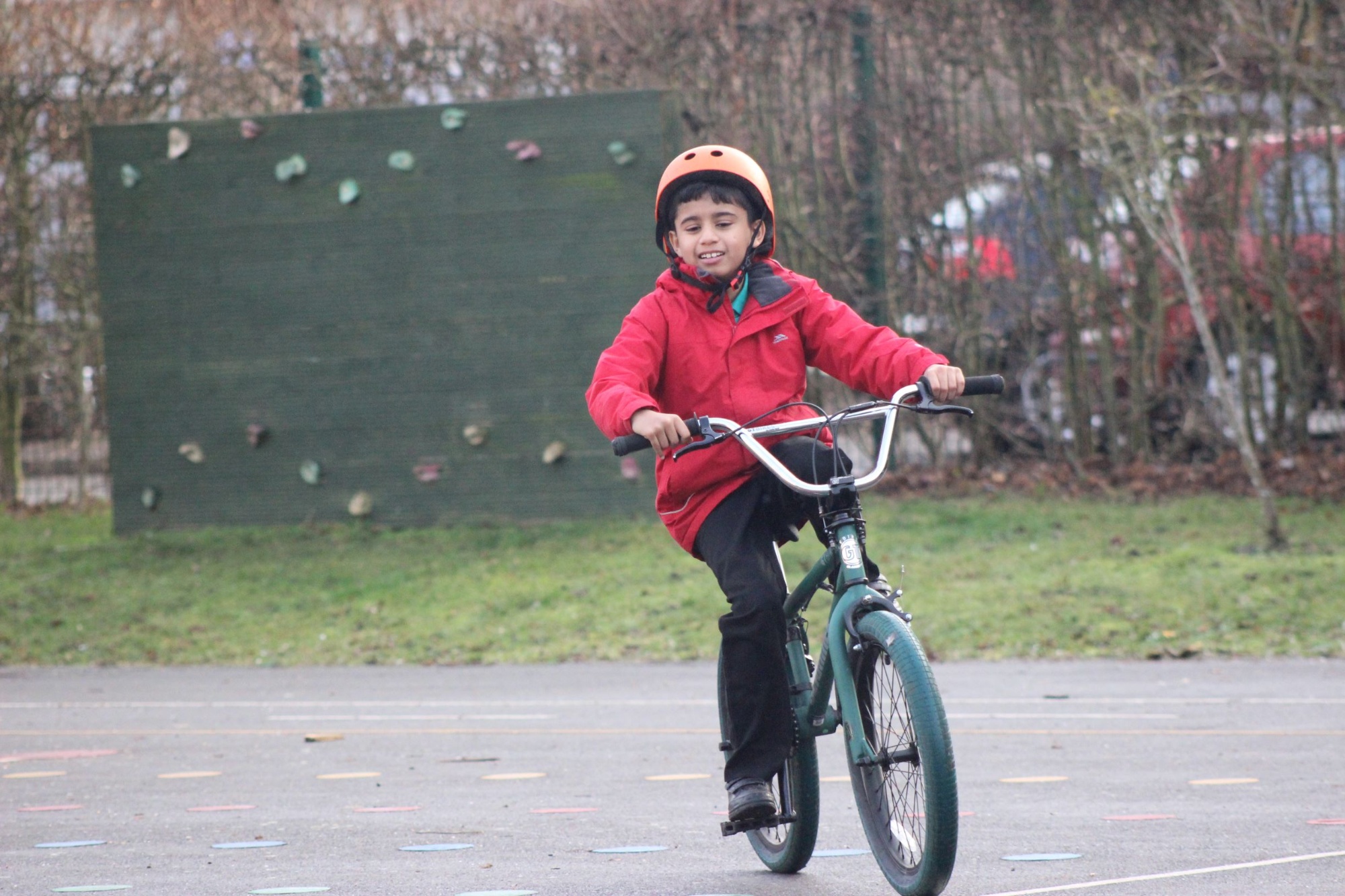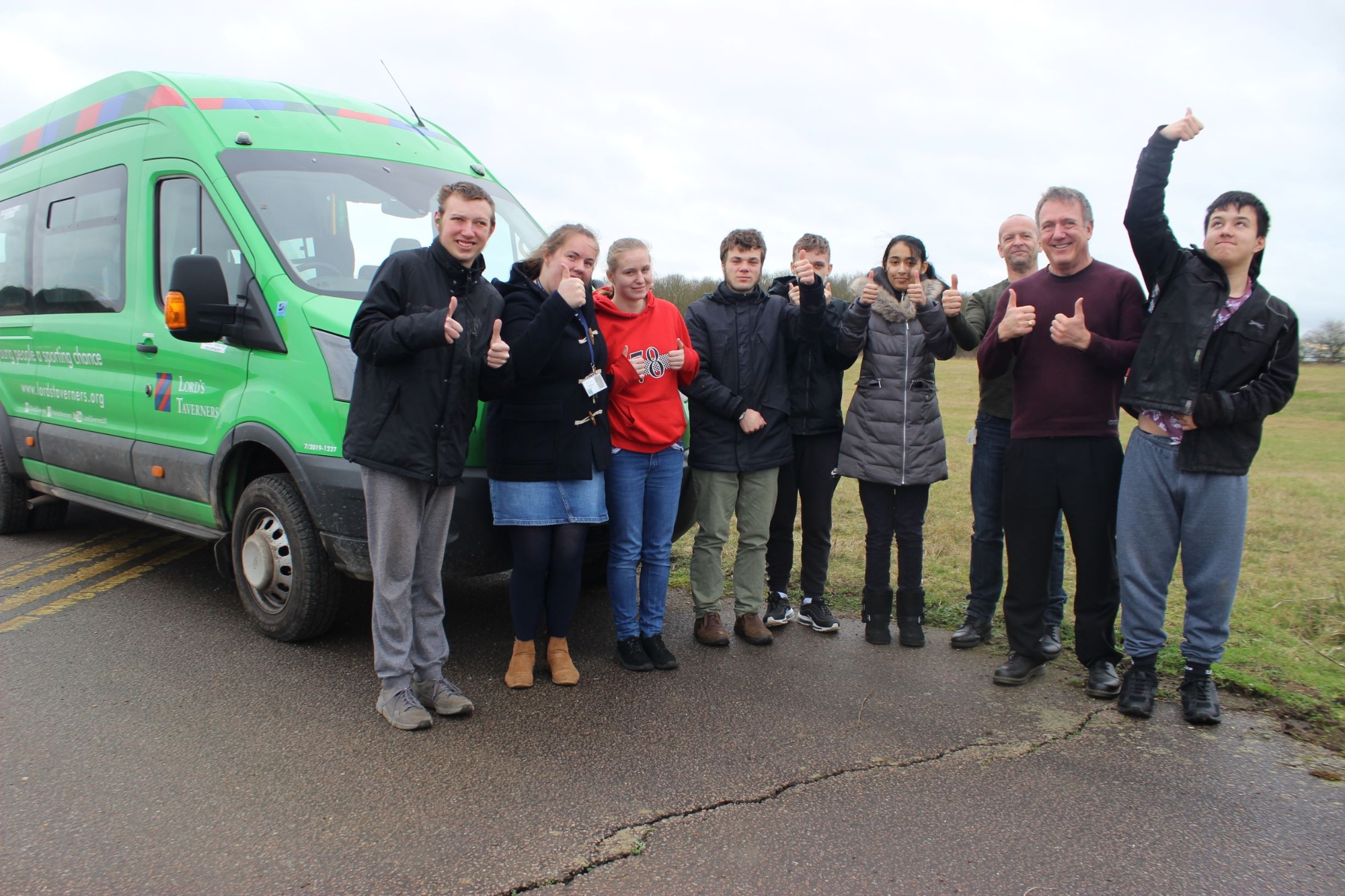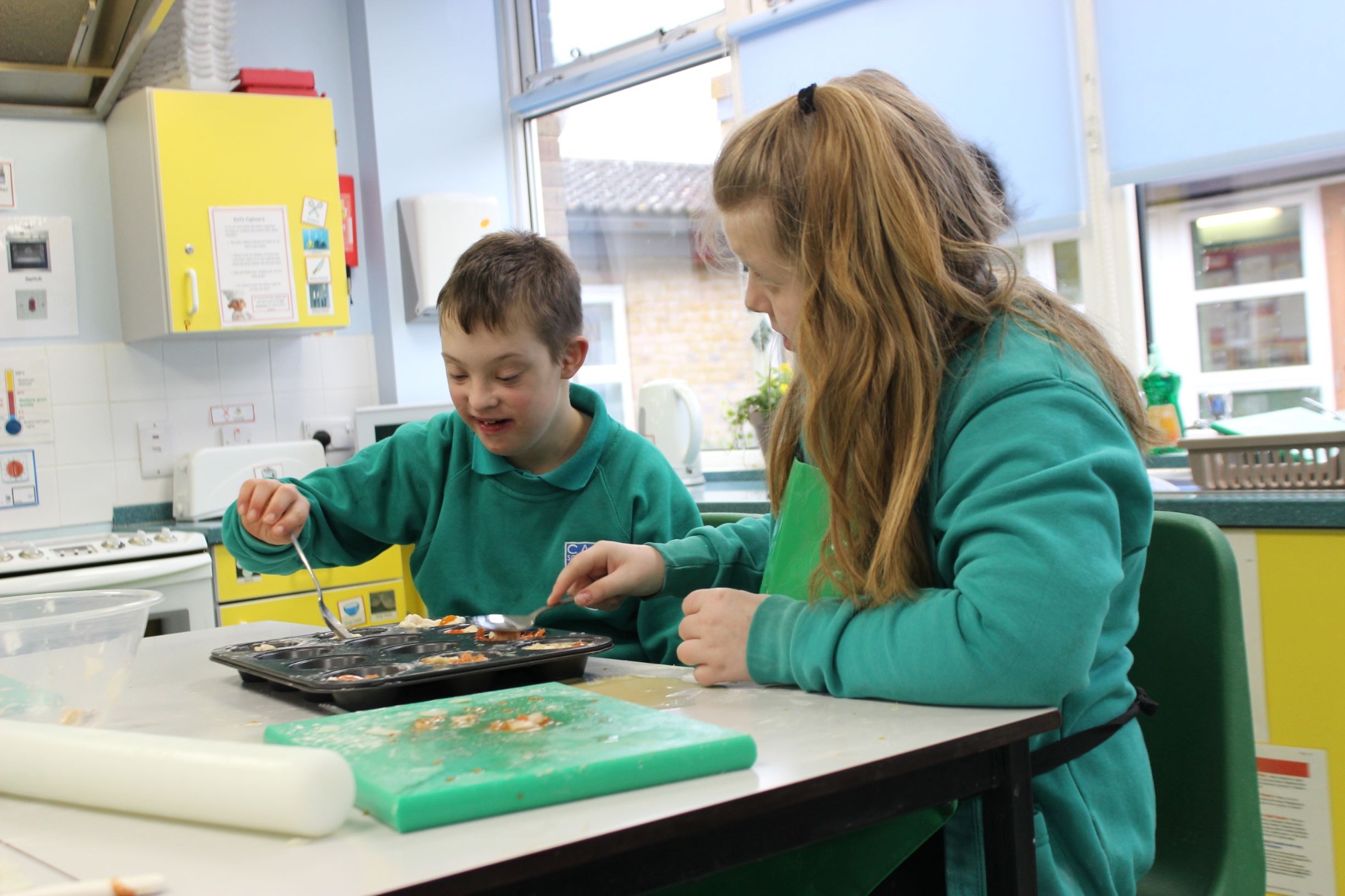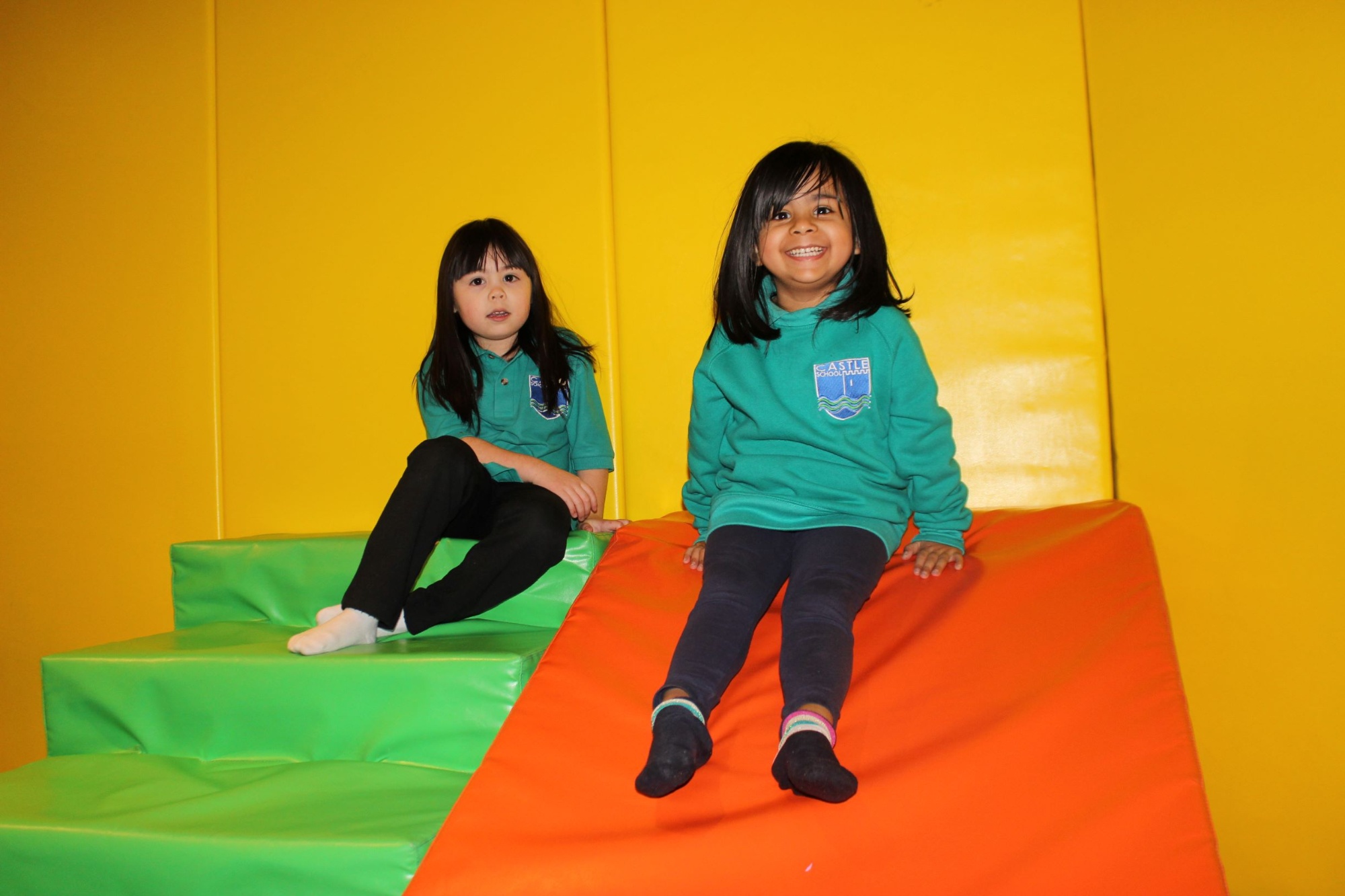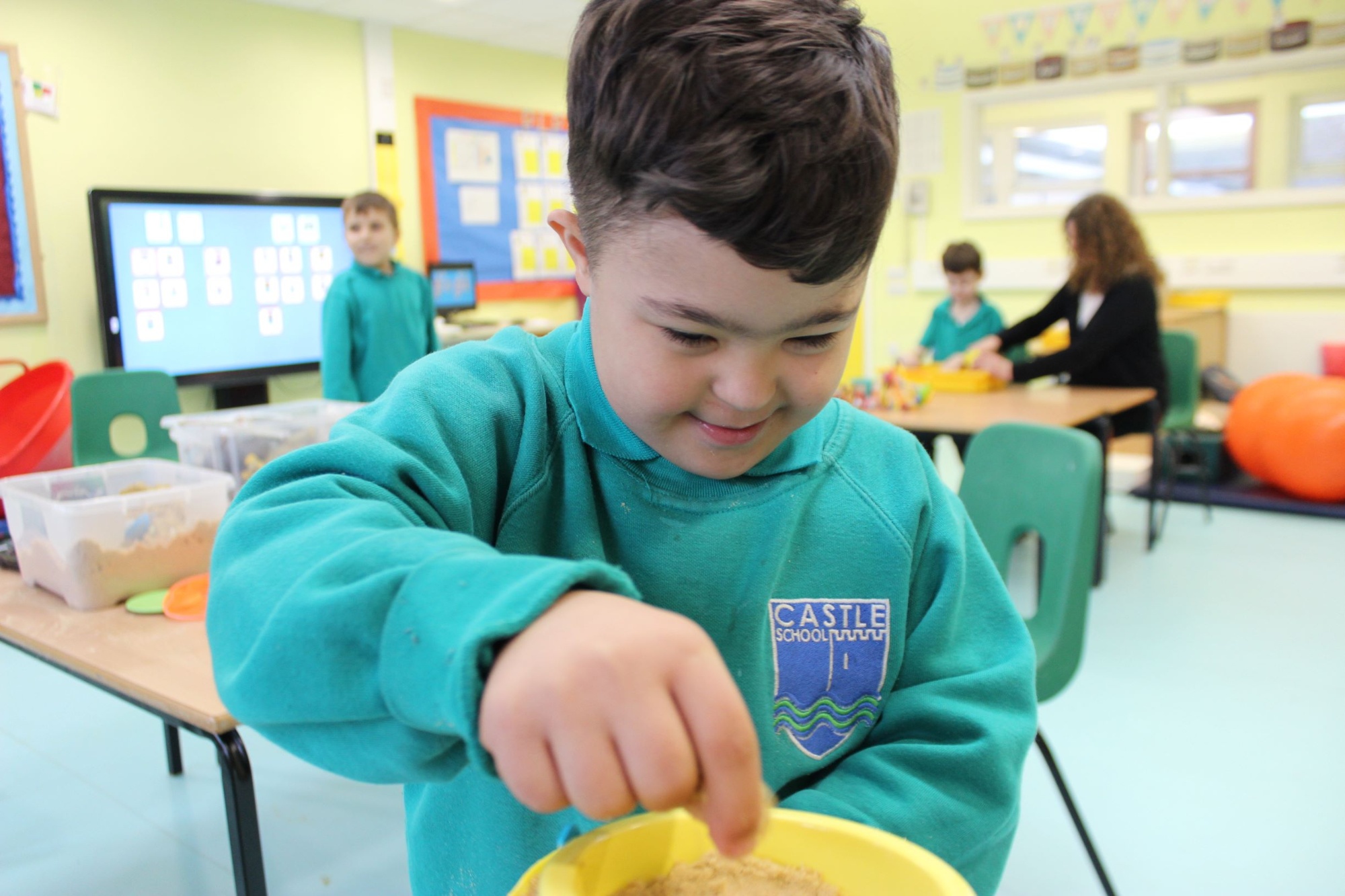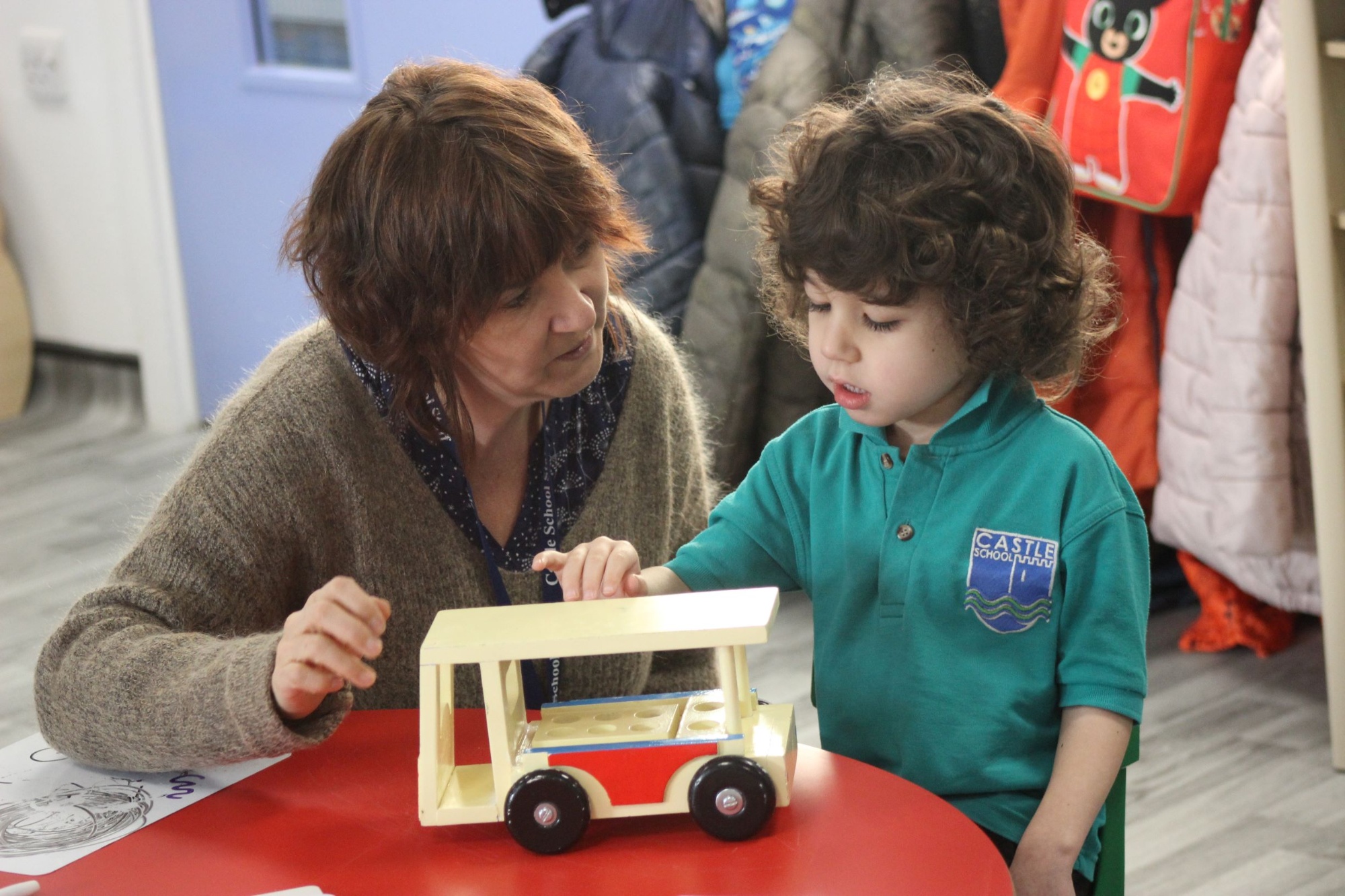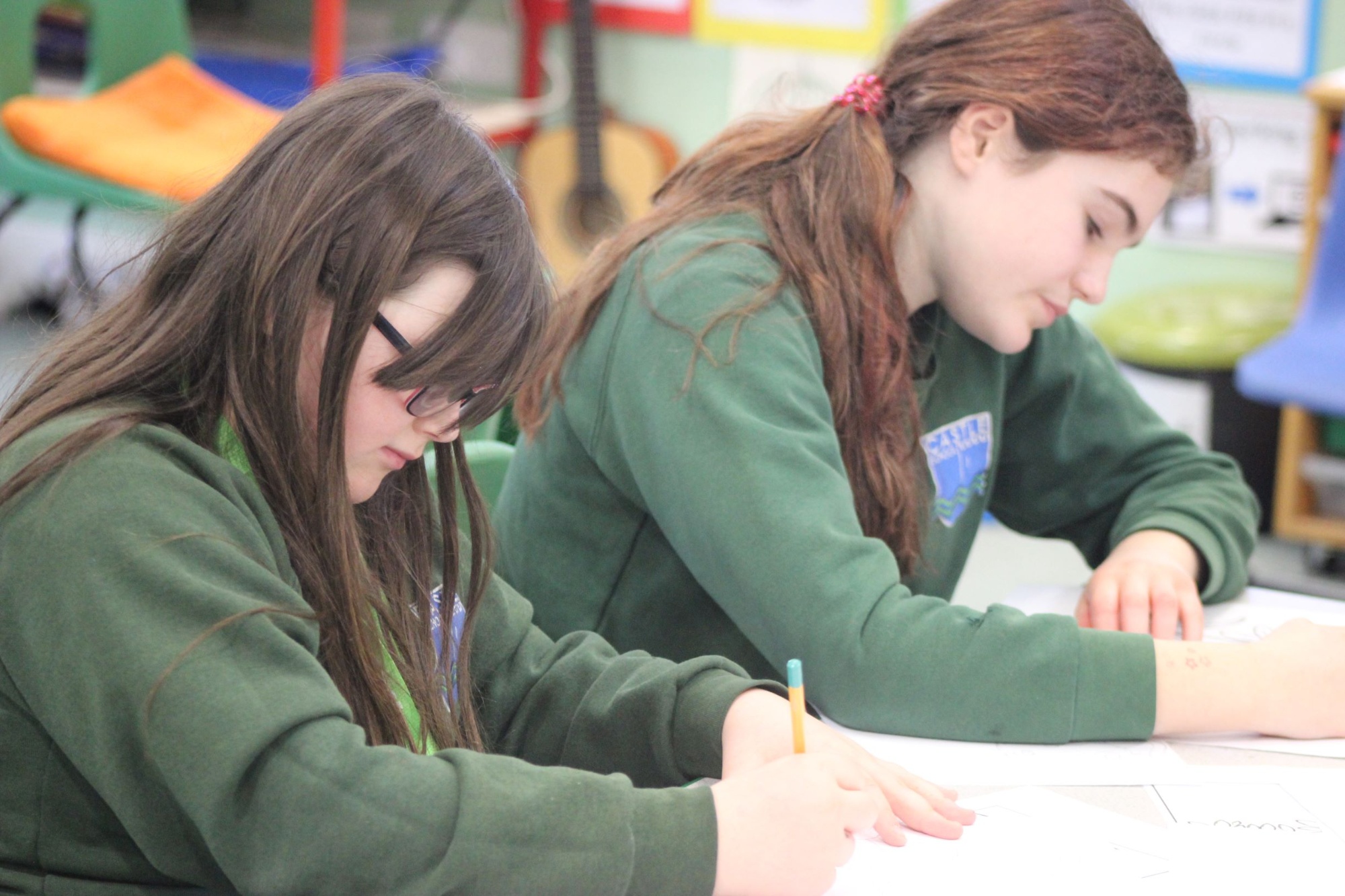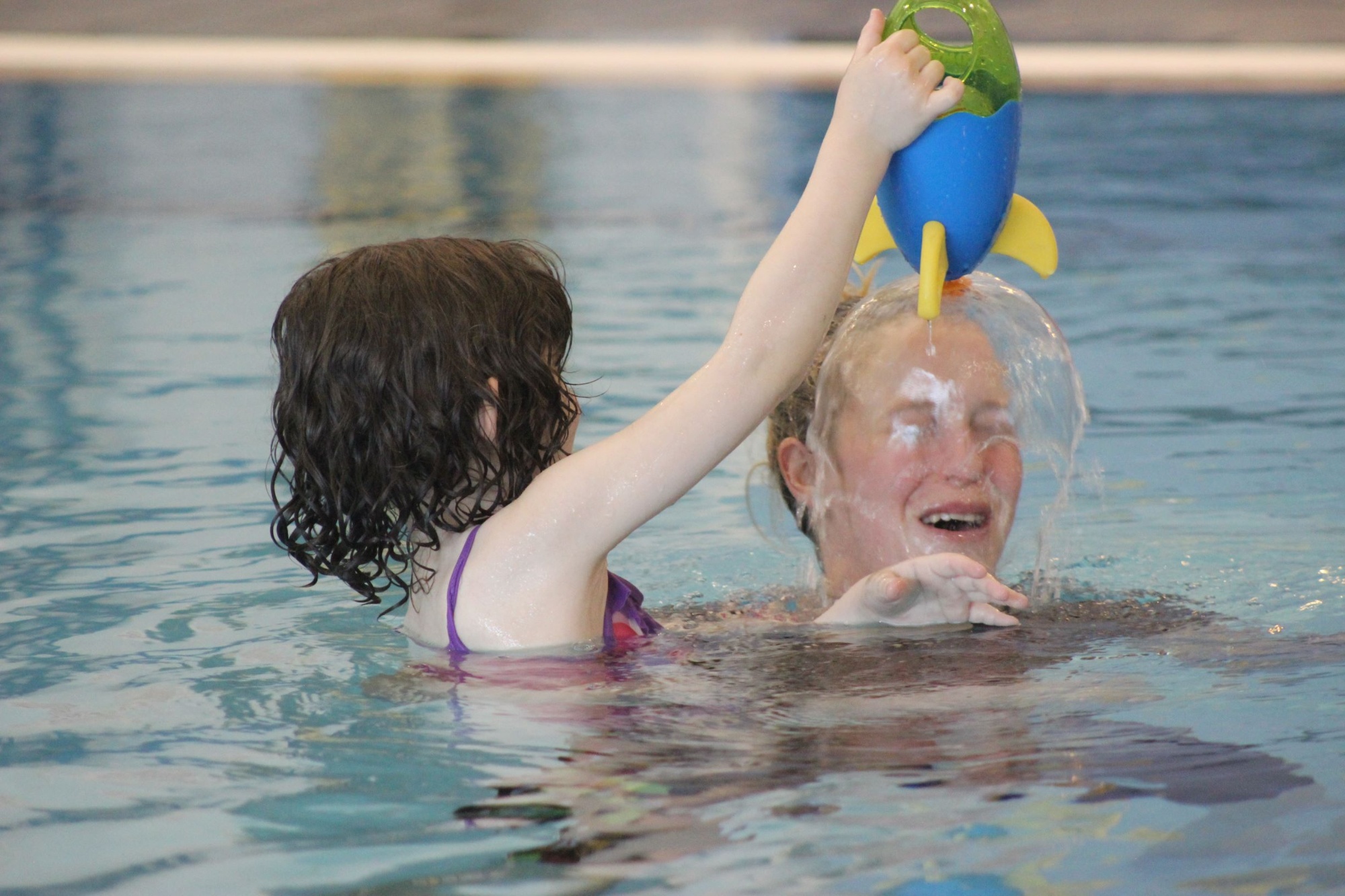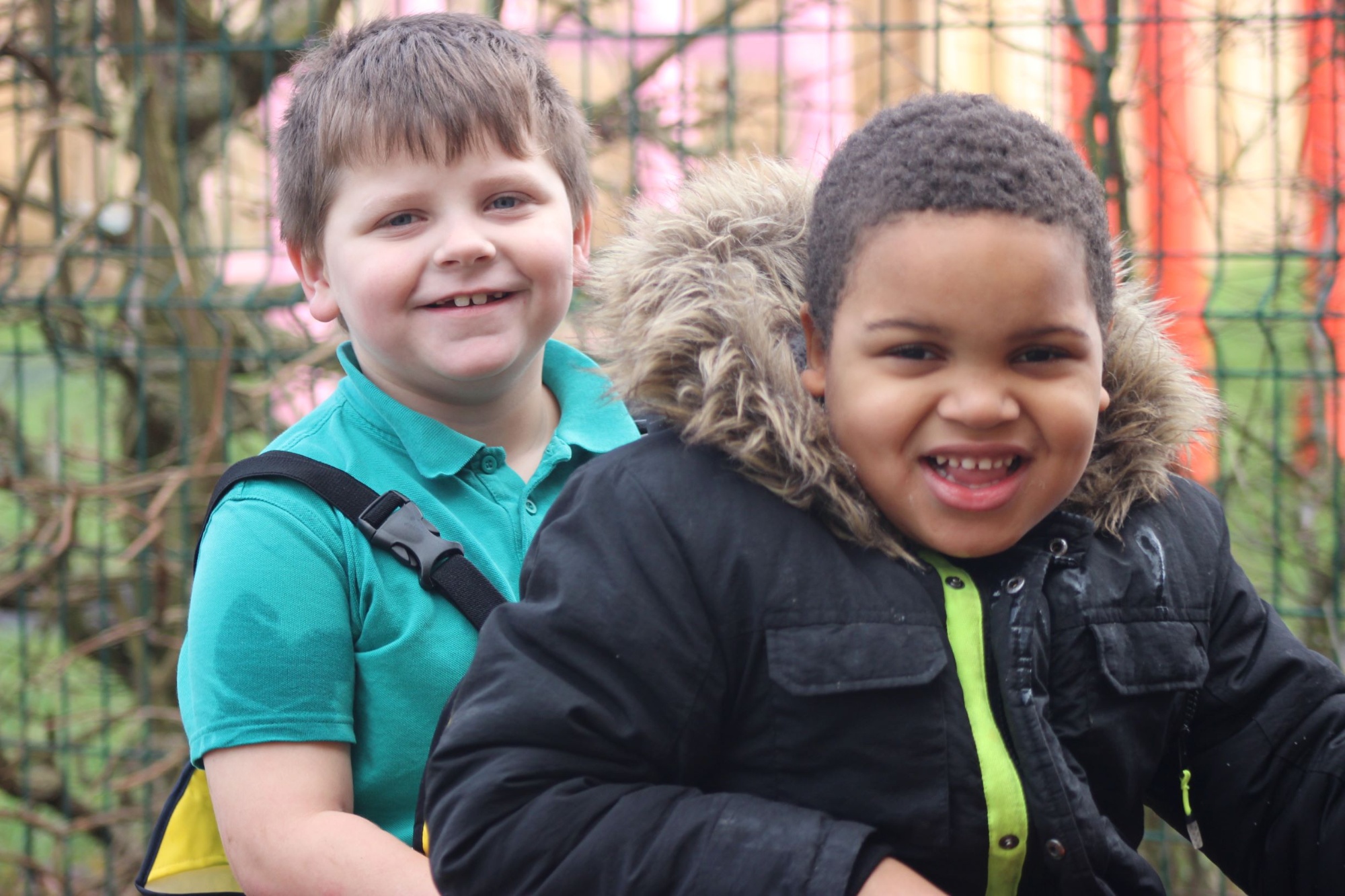Maths
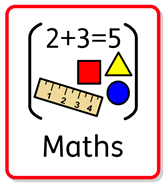
Maths can be found in every part of day-to-day life, and is a fundamental skill for our learners to develop in preparation for adulthood.
We make it relevant, engaging and fun, in order to prepare learners to handle different everyday maths situations with confidence.
Our approach is based on Maths Mastery.
For our pre-formal and semi-formal learners, we bring maths alive, using approaches such as Messy Maths, Maths in Stories, going outside, and sensory activities.
Our formal learners have discrete lessons as well as frequent opportunities to embed and generalise their maths skills by working on cross-curricular projects, such as enterprise and catering projects.
For more information, look at our curriculum presentation.
